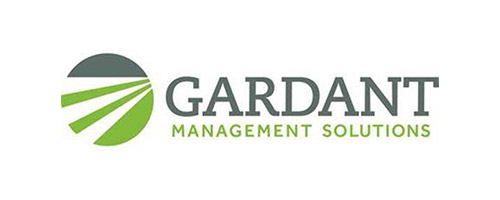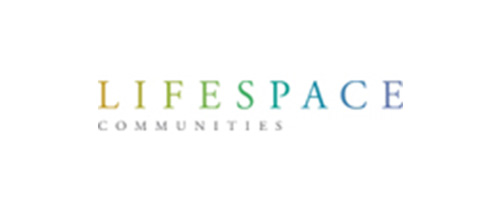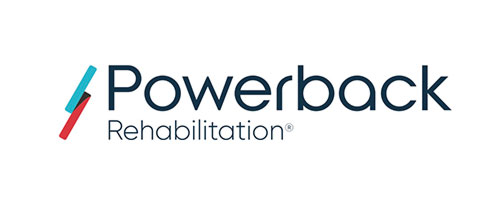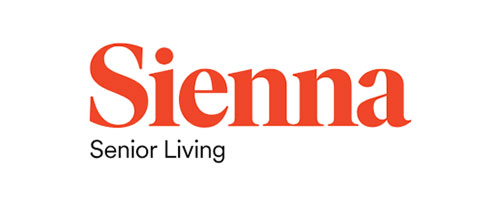2014 press releases
‘Graywashing’ takes billions a year from older consumers, says active-aging industry experts
Some product claims go too far when it comes to health and aging
(VANCOUVER, BC)—People of all ages want to look and feel their best. At a time when many older Americans resolve to improve their health, the International Council on Active Aging (ICAA) urges consumers to beware of false promises and products with little health benefit. Unfortunately, as people over 50 pursue this goal, many succumb to what one industry insider calls graywashing – claims that chip away at older adults’ nest eggs with dubious promises of renewed youth and health.
There is no shortcut to health, says Colin Milner, CEO and founder of ICAA. “Yet people spend billions of dollars a year on products that claim there is,” notes Milner, who coined the term graywashing. “Many products also say they will turn back time. But research shows these claims to be unsubstantiated.”
Milner points to a statement by the National Institute on Aging (NIA), a component of the US National Institutes of Health, which states: “Despite claims about pills or treatments that lead to endless youth, no treatment has been proven to slow or reverse the aging process.” Be aware, Milner cautions, as health fraud scams are abundant.
According to NIA, common health scams include:
• Dietary/weight loss supplements. Americans spend a small fortune on potions claiming to help shed pounds, many sold over the counter. Some supplements contain hidden illegal drugs and other chemicals that could cause serious harm.
• Arthritis remedies. Magnets, copper bracelets, chemicals, special diets and electronic devices are expensive, potentially harmful, and unlikely to help.
Health scams often target common, chronic or incurable medical issues in an attempt to trick people who are desperate for any remedy they can find. Buzz words to beware of include: “quick fix,” “secret ingredient” or “scientific breakthrough.”
Don’t be swayed by personal testimonials featuring “real people,” or “doctors,” played by actors claiming amazing results. Testimonials are no substitute for real scientific proof, and can tip you off to a scam. In general, never purchase or start taking a medical treatment without first talking to a healthcare professional, particularly if you already take other prescribed drugs.
Weight loss, sexual enhancement and bodybuilding “supplements” are especially suspect. Some vitamins may help, but some supplements can harm people taking certain medicines or with some medical conditions. In particular, avoid those supplements claiming to shrink tumors, solve impotence or cure Alzheimer’s.
The solution? Be knowledgeable about the products you buy, suggests Milner. Among the things NIA recommends, he continues, question what you see or hear in ads or online; ask your doctor, nurse, pharmacist or other healthcare provider about products you’re thinking of buying; and avoid products that:
• Promise a quick or painless cure.
• Claim the product is made from a special, secret or ancient formula.
• Come only by mail or from one company.
• Use statements or unproven case histories from so-called satisfied patients.
• Claim to be a cure for a wide range of ailments.
• Claim to cure a disease (such as arthritis or Alzheimer’s disease) that medical science has yet to cure.
• Require advance payment and claim a limited supply of product.
“Science may be getting closer to a Fountain of Youth,” says Milner, “but we’re not there yet. Be wise and use your common sense. If something seems too good to be true, it almost certainly is.”
Adds Milner, “The pillars of healthy aging are simple. They include a sensible diet, regular exercise, good sleep habits, meaningful relationships, and engagement in life.”
-30 -
About International Council on Active Aging
ICAA, an association that leads, connects and defines the active-aging industry, supports professionals who develop wellness facilities, programs and services for adults over 50. The association is focused on active aging, an approach to aging that helps older adults live as fully as possible within all dimensions of wellness; and provides its members with education, information, resources and tools. As an active-aging educator and advocate, ICAA has advised numerous organizations and governmental bodies. These include the US Administration on Aging, the National Institute on Aging (one of the US National Institutes of Health), the US Department of Health and Human Services, Canada's Special Senate Committee on Aging, and the British Columbia ministries of Health, and Healthy Living and Sport, among others.
About Colin Milner
Colin Milner is a leading authority on the health and well-being of the older adult. An award-winning writer, Milner has authored more than 300 articles. He is an editorial advisor to ADVANCE for Long-Term Care Management, a Contributing Blogger to the US Department of Health and Human Services' Be Active Your Way Blog, and has been published in such journals as Global Policy. He also contributed a chapter to the book Global Population Ageing: Peril or Promise? published by the Forum in 2012.
Milner's efforts have inspired a broad spectrum of groups to seek his counsel, including, the US Department of Health and Human Services, National Institute on Aging, The Canadian Minister of State (Seniors), The Informal Meeting of the European Union Ministers of Sport, European Commission, Canadian Special Senate Committee on Aging, BC Ministry of Healthy Living and Sport, and the White House Conference on Aging.
For interviews or more information about ICAA, the ICAA Innovators Awards, or aging-related issues, contact:
Colin Milner, CEO, International Council on Active Aging
Toll-free: 1-866-335-9777 (North America only)
Telephone: 604-734-4466; cell: 604-763-4595
E-mail: colinmilner@icaa.cc



































